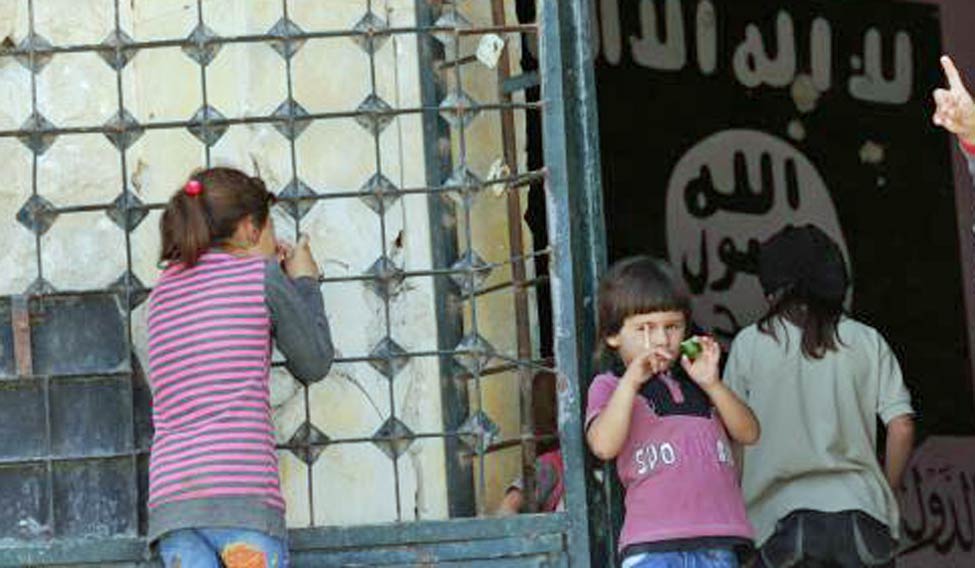Children caught in war zones are increasingly being used as weapons of war — recruited to fight, forced to act as suicide bombers, and used as human shields, Unicef has warned.
In a statement late Wedensday summarising 2017 as a brutal year for children caught in conflict, Unicef said parties to conflicts were blatantly disregarding international humanitarian law and children were routinely coming under attack, reports the media.
Rape, forced marriage, abduction and enslavement had become standard tactics in conflicts across Iraq, Syria and Yemen, as well as in Nigeria, South Sudan and Myanmar.
Some children, abducted by extremist groups, are abused again by security forces when they are released. Others are indirectly harmed by fighting, through malnutrition and disease, as access to food, water and sanitation are denied or restricted.
Some 27 million children in conflict zones have been forced out of school.
Read more: 'Syria child evacuees may be used as bargaining chips'
"Children are being targeted and exposed to attacks and brutal violence in their homes, schools and playgrounds," said Manuel Fontaine, Unicef's director of emergency programmes.
"As these attacks continue year after year, we cannot become numb. Such brutality cannot be the new normal."
In Iraq and Syria children have reportedly been used as human shields, trapped under siege and targeted by snipers, while in Afghanistan nearly 700 children were killed in fighting in the first nine months of the year, the Guardian quoted the Unicef statement as saying.
Rohingya children in Myanmar were subject to systematic violence and driven from their homes. More than half of the 650,000 Rohingya forced over the border into Bangladesh are under 18.
The Unicef statement has called on all parties in conflicts to respect international humanitarian law and immediately end violations against children and the targeting of civilian infrastructure, including schools and hospitals. The agency also called on states with influence over non-state parties to conflict to use their influence to protect children.





